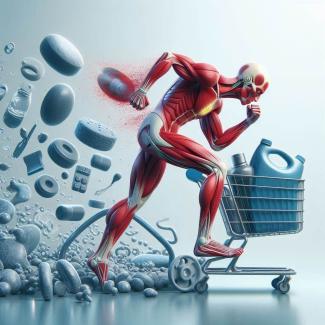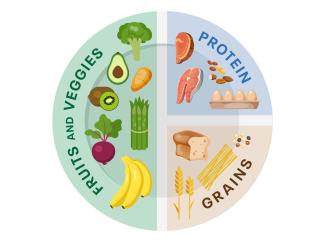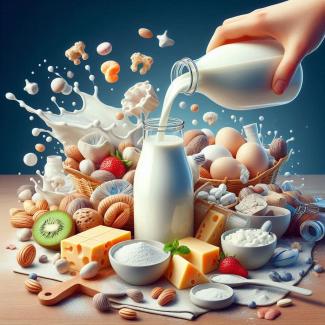
Iron is crucial to the human body because it plays several essential roles in various physiological processes. Here are some of the reasons why iron is important to the human body:
- Oxygen Transport: One of the primary functions of iron is to help transport oxygen in the blood. Hemoglobin, a protein in red blood cells, contains iron and binds to oxygen in the lungs. It then carries oxygen to tissues and organs throughout the body, ensuring their proper functioning and energy production.
- Cellular Respiration: Iron is also necessary for cellular respiration, the process by which cells generate energy. Within cells, iron is a key component of proteins involved in the electron transport chain, a critical step in producing adenosine triphosphate (ATP), the cell's primary energy source.
- Immune System Support: Iron plays a role in the proper functioning of the immune system. It helps white blood cells, which are important for fighting off infections, function effectively.
- Brain Development and Function: Iron is crucial for brain development and function, especially in infants and young children. Iron deficiency during critical growth periods can lead to cognitive and developmental impairments.
- DNA Synthesis: Iron is involved in the synthesis of DNA, which is essential for cell growth, repair, and reproduction.
- Enzyme Function: Iron is a cofactor for many enzymes in the body, facilitating various biochemical reactions. These enzymes are involved in processes like energy metabolism, detoxification, and the production of neurotransmitters.
- Detoxification: Iron is required for the function of enzymes involved in detoxifying harmful substances in the body.
While iron is essential, both iron deficiency and iron overload can have adverse effects on health. Iron deficiency can lead to anemia, fatigue, weakness, and cognitive impairments, while excess iron can be toxic and damage organs. Therefore, it's important to maintain an appropriate balance of iron in the body. Dietary sources of iron include red meat, poultry, fish, beans, lentils, spinach, and fortified cereals. Iron supplements may also be recommended in cases of deficiency, but it's important to consult a healthcare professional before taking them, as excessive iron intake can be harmful.






